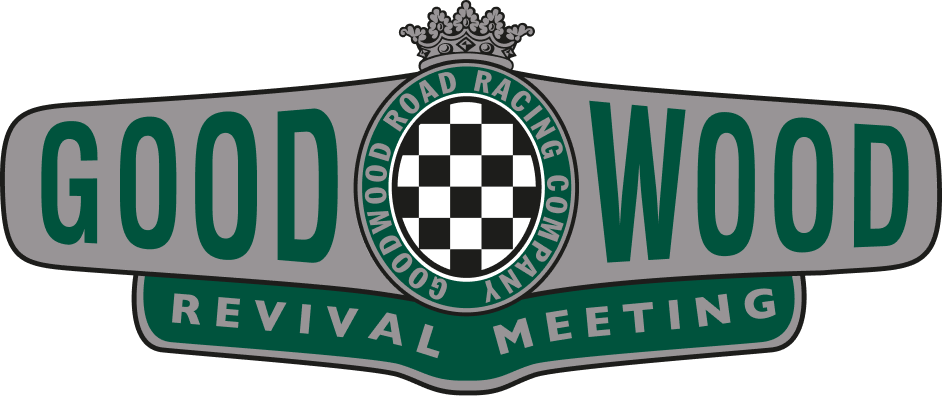How does Lockdown 3.0 affect my MOT?
Updated 5th January 2020. So, we’re here again. Early in a hopeful new year, but stuck at home under the strictest of social distancing orders. And among the melee of confusing information regarding this latest lockdown, many of us have been left wondering – what about our cars?

Thankfully, with the vast majority of the UK working from home and only leaving the house to shop or exercise, our vehicles are unlikely to be clocking huge mileage. However, that does not mean we can afford to slack when it comes to servicing, and unlike previous lockdowns, the government has not yet granted any MOT extensions in an effort to avoid unnecessary human interaction at garages.
What if my MOT runs out during the third lockdown?
Way back in March 2020, the government granted the six-month MOT extension to vehicles, with a statement on Gov.uk reading: “From March 30th 2020, MOT due dates for cars, motorcycles and light vans will be extended by six months. This is being done to help prevent the spread of coronavirus.”
Unfortunately, it does not look like it will be the case in this latest lockdown, with garages remaining open for essential repairs and still dealing with the backlog of MOTs caused by the last lockdown.
Therefore, it is the driver’s responsibility to ensure that their vehicle is roadworthy, taxed and MOT’d, and failure to do so may result in legal repercussions. Of course, driving during lockdown is only advised if essential, so if you don’t need to commute, and your local shop is within walking distance, then another option would be to take your car off the road and SORN it.

Will car garages still be open during the coronavirus pandemic?
In short, yes. Car garages are deemed essential, and so they will remain open, carrying out MOTs, servicing and other essential repairs. But you should remember that driving during lockdown is only advised if essential, so if your car requires a repair, but you don’t require your car, then another option would be to take it off the road until the lockdown is eased. As a result you can forget having your garage fit that new turbo you got for Christmas – drivers are advised to delay non-essential repairs until the lock-down is eased.

Can I buy a new car?
It depends who from. Car showrooms (both new and used) must close, however the dealership may remain open if it is providing a ‘click and collect’ or contactless delivery service. Test drives will not be allowed under the new lockdown, and when a customer collects or receives a pre-purchased car, it should be fully sanitised, with a virtual rather than physical introductory walk-around.
As for purchasing a second-hand car privately, there’s no official guidance but common sense and social distancing should prevail. If you absolutely have to buy a car second-hand, don’t get into the car unless you are certain that it has been sanitised, and whatever you do, don’t go for a test drive with the current owner.
What if I cannot take my car for an MOT?
In the first national lockdown those who were classed as extremely vulnerable to coronavirus were told not to take their vehicles for an MOT, and advised that “the Department for Transport (DfT) is working with insurers and the police to make sure you are not unfairly penalised for not being able to get an MOT.” There has been no such guidance for this third lockdown however.
Currently, gov.uk states that “You must not take your vehicle for its MOT if you’re shielding because you’re clinically extremely vulnerable to coronavirus.” However, it informs readers that “some MOT centres will collect your vehicle, carry out an MOT, and return it if you’re being shielded. Contact your local MOT centres to find out if they offer this service.
As before, one big and contentious issue is tax, as motorists are unable to tax their vehicle without a valid MOT. Back in March those unable to MOT and consequently tax their vehicle due to self-isolation were advised to SORN their vehicles, but there was no advice for the extremely vulnerable who could not get their vehicles MOT’d, yet still required them to go to buy basic necessities. With supermarket delivery slots booked out weeks in advance, and no family nearby, not everyone has the option of completely self-isolating. Again, there is no new recent guidance.
Ultimately, the government advises that “You must not drive your vehicle on the road if the MOT has run out. You can be prosecuted if caught”, with similar rules applying for vehicle tax. It remains something of a grey area.
MOT





